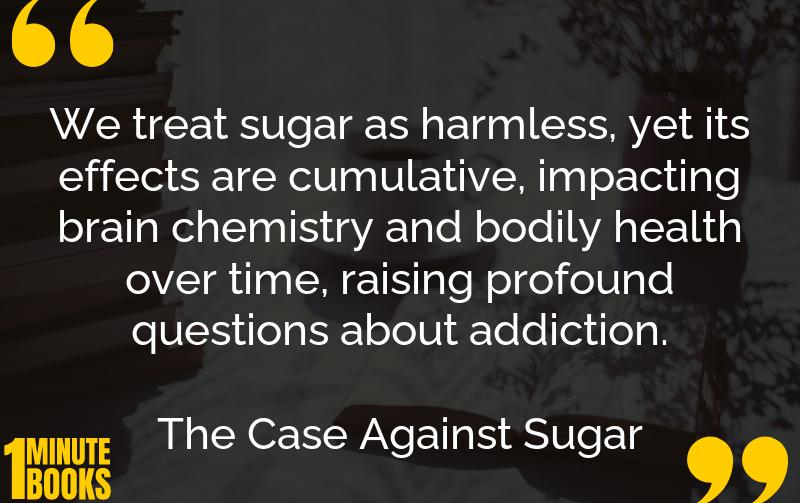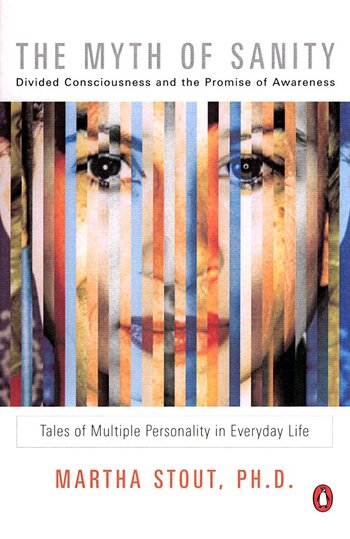
The Case Against Sugar reveals sugar as a hidden culprit behind obesity, diabetes, and other illnesses. Gary Taubes exposes sugar’s addictive nature and how it infiltrates our diet, posing enormous health risks.
Main Lessons
- Sugar is considered an underlying cause of the obesity epidemic, with significant health implications.
- Contrary to common belief, sugar has addictive properties affecting the brain’s reward centers.
- Though sugar habits begin innocuously, their health impacts are cumulative and comparable to long-term drug use.
- Populations historically unexposed to sugar show spikes in diabetes and other illnesses upon sugar introduction.
- Sugar is prevalent in wealthy societies, leading to high consumption rates and subsequent health effects.
- The addictive quality of sugar lies in its effect on dopamine, reducing natural dopamine production and receptor count over time.
- Unlike cigarettes, sugar’s harm isn’t immediately visible, making it harder to prove its detrimental effects.
- Cultural views and traditions deeply incorporate sugar, complicating efforts to reduce consumption universally.
- The food industry’s influence propagates misconceptions about sugar, complicating health initiatives.
- Concerns about sugar aren’t limited to physical effects; its role in neurological health, like Alzheimer’s, demands attention.
- Public perception and regulatory policy struggle to treat sugar with the caution given to other addictive substances.








